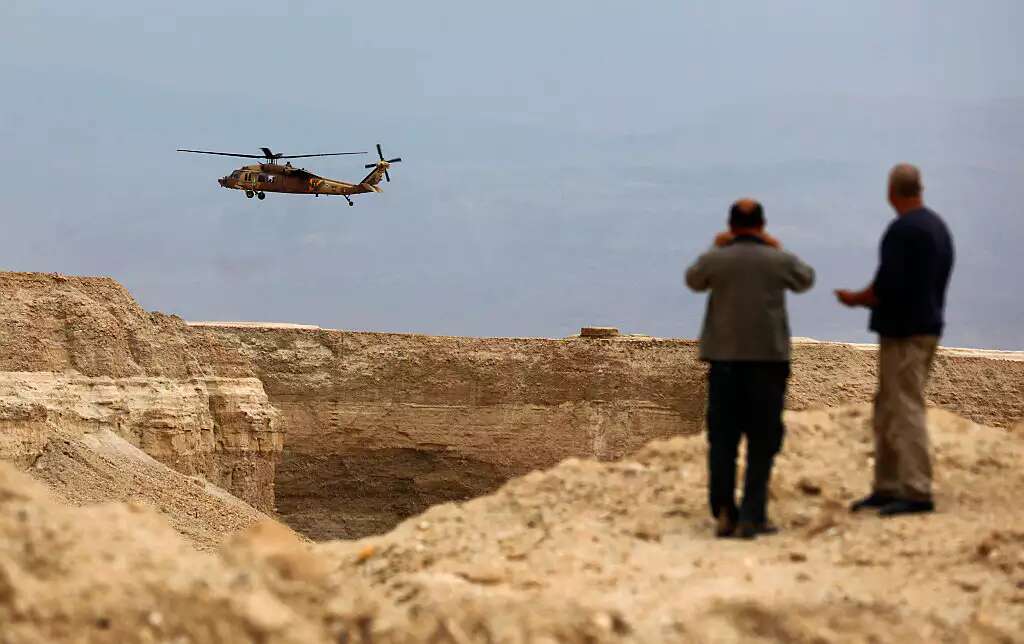Seven years ago, my daughter Gali went on a bonding trip organized by a pre-military academy. That week, there were severe weather warnings and flash flood alerts. Nevertheless, the program's directors did not alter their plans. On that cursed Thursday afternoon in April, a flash flood struck the group and claimed the lives of ten teenagers.
I didn't know the youths who were supposed to spend the year with Gali before their military service. I had never heard of Nahal Tzafit, the stream that replaced the original trail which had been closed off. I didn't know the leaders of the preparatory program, who to this day have not accepted responsibility for their actions, and I had never set foot in a courtroom until that tragedy.
The day we rose from the Shiva, like refugees washed ashore on a deserted island, we looked around to see who else was there with us. We found nine other families, just as shocked and heartbroken, asking the same question: "How the hell did this happen?" Together, we began the journey to demand a state commission of inquiry. We grew close, then drifted apart, laughed and cried, learned about the ten children, and came to love them as if they were our own.

I hiked in Nahal Tzafit for the first time about two years later. The canyon walls closed in on me, and my thoughts were nearly unbearable. But I felt it was important to walk the path of Gali's final journey and try, just a bit more, to understand: "How the hell did this happen?" Nothing I learned over the years helped me understand what led the program's head, who pushed for the trip to go ahead, and the educational director, to take such a risk.
Yuval Kahan, head of the program, was quoted in the days before the trip mocking anyone who warned of danger. Testimony after testimony exposed the head of the snake. Arrogantly, he dismissed every opinion that wasn't his own, completely contrary to the spirit the program claimed to instill in its promising young participants. Aviv Bardichev, the program's educational director and Kahan's protégé, who had been raised and trained under his revered mentor, followed in his footsteps. Against all logic and advice, he led ten teens who trusted him, to their deaths.
For more than five years, I've been attending court sessions in Beersheba, hearing the story from every angle, still trying to understand: "How the hell did this happen?" I've listened to examinations and cross-examinations, character witnesses and rulings, culminating in this morning's verdict.
This morning marks seven years since that day, and with a certain symbolism, the judge sentenced the two men responsible for the deaths of Gali, Agam, Ilan, Ella, Shani, Yael, Maayan, Adi, Tzur and Romi to seven years in prison.
Seven years that won't bring our children back, but may restore some of the trust we lost, and affirm the basic principle that the sin of pride must be met with punishment.
Judge Yuval Livardo closed the sentencing by reading Gali's poem, "The Sky Didn't Fall on Me," and added: "On that cursed day of the hike, the sky did fall. On Gali, and on Shani, and on Romi, and on Tzur, and on Adi, and on Maayan, and on Yael, and on Ilan, and on Agam, and on Ella, may their memories be a blessing. It is so terribly sad. And so deeply tragic."




